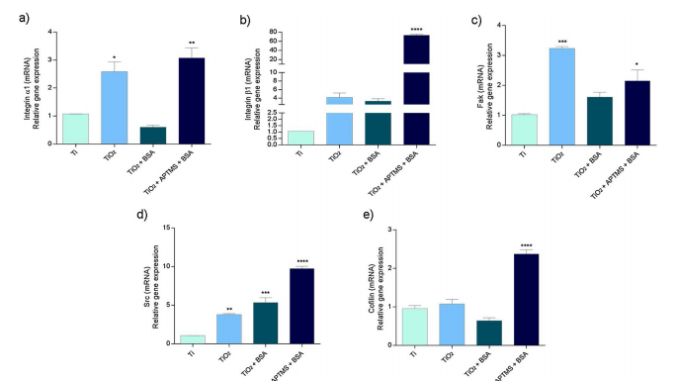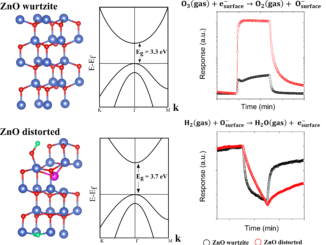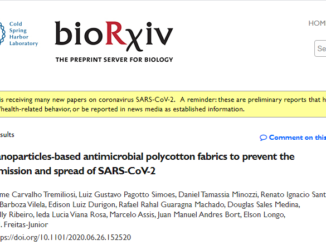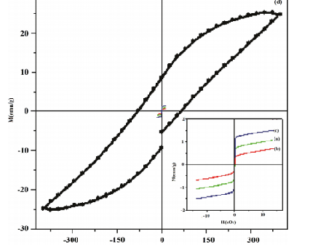
A novel BSA immobilizing manner on modified titanium surface ameliorates osteoblast performance
Abstract: Surface modification of medical and dental devices, to improve their biocorrosion resistance and biocompatibility, can be achieved with the multidisciplinary field of biomaterials. Nanostructured titanium dioxide (TiO2) has been employed as surface modifier of titanium-based biomaterials because it can prevent the failure of the devices due to wear mechanisms. Moreover, this oxide surface is mostly terminated by hydroxyl groups (-OH) that can be directly functionalized with biomolecules to improve the biocompatibility of these devices. We explored the influence of 3-aminopropyltrimethoxysilane (APTMS) molecules as spacers in bovine serum albumin (BSA) protein immobilization on the physically hydroxylated surfaces of rutile phase TiO2 films grown by reactive Radio Frequency (RF) magnetron sputtering. X-ray Photoelectron Spectroscopy (XPS) was used to examine the adsorption of BSA and APTMS on the hydroxylated surface of TiO2 thin films. For biological tests, BSA was directly immobilized on the film surface and on the APTMS monolayer. Biological analysis found better osteoblast performance considering gene markers related to cell adhesion after interacting directly with the surface modified by the immobilization of BSA, especially on the surface where this protein was immobilized by APTMS. Additionally, we addressed the relevance of this biointerfaces on extracellular matrix remodeling by zymography analysis. Altogether, our data provides new insights about the cellular and molecular mechanisms covering the improved osteoblastic response of the proposed surface modification.
Author(s): Gomes, OP; Feltran, GS; Ferreira, MR; Albano, CS; Zambuzzi, WF; Lisboa-Filho, PN
Colloids and Surfaces B: Biointerfaces
Published: June 2020, Volume 190




